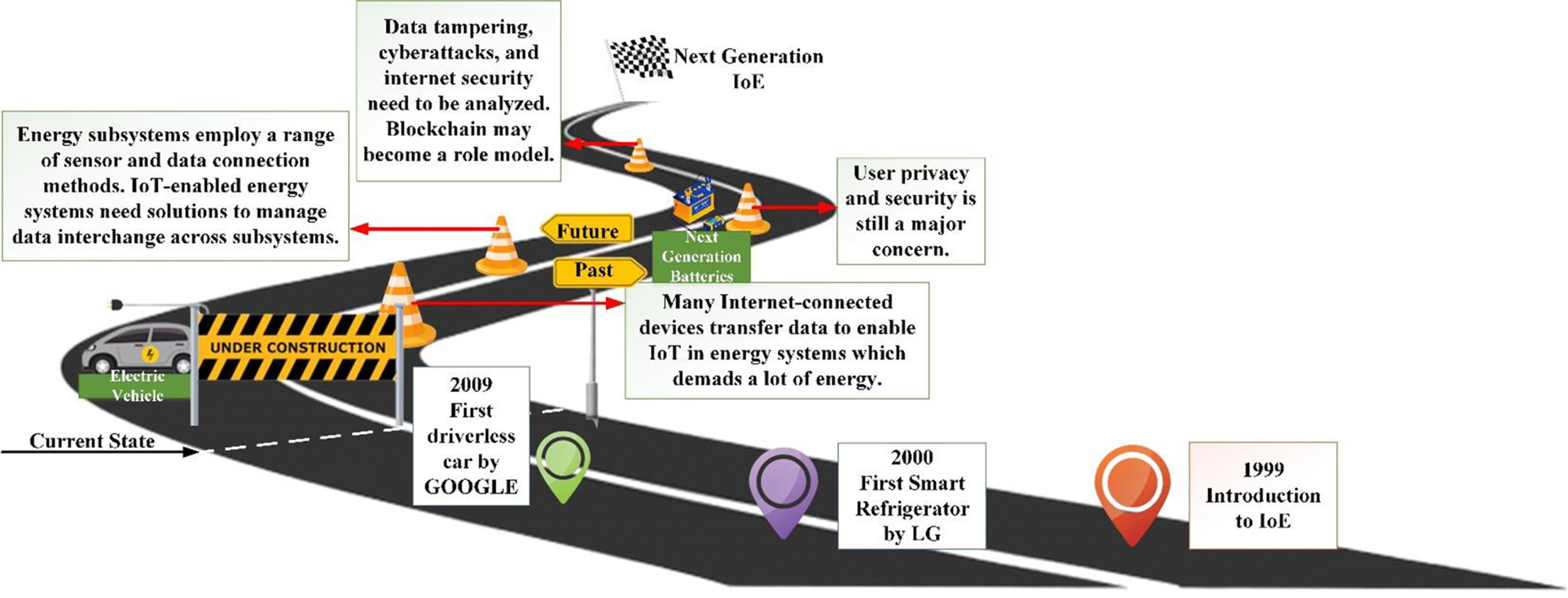The paper underscores the need for improved conservation efforts in the tropics, using Bangladesh as a case study, by revealing gaps in protected area coverage for species representation and providing spatial prioritization to guide future expansion efforts, ultimately contributing to meeting global biodiversity targets outlined in the Kunming-Montreal Framework.
With a pressing climate emergency and increasing interconnectedness, the need for action on health at a global level is greater than ever. Achieving Universal Health Coverage with a strong base in primary healthcare is essential. This must be accompanied by policies to address the socioeconomic and environmental determinants of ill health, supporting SDG3.
This article supports SDG 3 by assessing the changes in mortality rate and years of life lost associated with dementia attributable to high BMI in China. The findings suggest a rapid increase in dementia burden attributable to high BMI.
This article supports SDGs 9 and 11 by exploring the technological aspects of the Internet of Things, emphasizing blueprints, complexity, challenges, and future directions to improve performance, network security, and stability.
This article supports SDGs 7 and 13 by comparing the economy and carbon emissions of electrochemical energy storage (EES) and hydrogen energy storage (HES) in renewable energy storage, and it was found that lithium-ion batteries and certain HES routes perform best in LCOS and carbon emissions, supporting their use to achieve future decarbonization goals.
This Article supports SDGs 3 and 13 by providing Long-term estimation of glacier mass balance using geospatial techniques in Western Himalayas, Ladakh, India.
The article discusses how the Himalayan city of Joshimath is facing multiple natural hazards and disasters, including sinking and land subsidence, which are exacerbated by climate change and rapid urbanization, highlighting the need for sustainable planning and management to address these climate-related challenges
Setting and updating information-sharing rules and security mechanisms with the participation of people can help reduce concerns and increase public trust. Healthcare policymakers can encourage the use of health IT in the prevention and treatment of diseases by providing relevant education and informing people.
Elsevier,
International Journal of Hygiene and Environmental Health
Volume 254, September 2023, 114268
This study examined the perceived difficulties in maintaining menstrual hygiene among indigenous adolescent girls in Bandarban, Bangladesh during water scarcity periods.
This study estimates the prevalence and trends of undernutrition in all countries of SEAR using national level data. This is the first study to study indicators of malnutrition at the regional level and estimating the effect of current food policies on future health of children.

